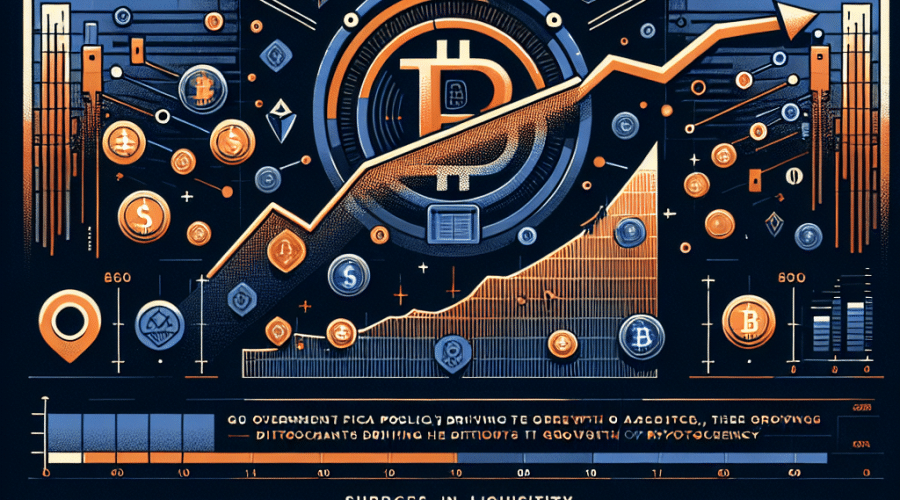SSV Network remains secure amid slashing incidents
After issues arose involving numerous Ethereum validators operating on the Shared Secret Validator (SSV) Network, CEO Alon Muroch has reassured stakeholders that SSV remains uncompromised. The incidents led to alarms surrounding SSV protocol security, raising a tide of concern within the crypto community.
Muroch vehemently denied any breach in the system, stating that the SSV network was secure and no further action was needed by SSV operators or stakeholders to reinforce it. The incidents had initially roused suspicions about SSV’s integrity, raising questions over its functionality and safeguarding measures.
SSV clears the air about double signing
Following the concerns, a comprehensive analysis of the sequence of events was released by SSV. The report stated that the monitoring systems activated following an incident involving slashing just after midday server time. After an hour and a half, the system documented a larger slashing event compromising a validator group of 39.
An in-depth investigation revealed that these events were not a result of malfunctions within the SSV protocol. Instead, they were caused by issues external to SSV, all related to validator key management. Muroch declared that there was no evidence of double signing or SSV failure when reviewing incident logs.
A deep dive into SSV Network’s structure
SSV is an Ethereum staking infrastructure founded on distributed validator technology. It distributes a validator’s private key into multiple parts run by individual operators, negating the possibility of a single party controlling the validator keys. This guarantees less downtime and mitigates the risks of double-signing, meanwhile contributing to slashing prevention.
SSV’s unique structure ensures slashing risk reduction by distributing responsibilities across its operators. Yet, this model’s efficacy is dependent on keeping these keys within the SSV infrastructure. If validator keys are operated outside of SSV, the safeguards and assurances provided by SSV protocols could potentially fail.
Examining the root cause of the slashing incidents
The major incident was traced back to Ankr, a long-standing staking provider. Muroch reported that Ankr admitted to accidental triggering of validator keys caused by an operational maintenance misconfiguration, which were simultaneously active across two different setups, subsequently leading to the slashing incident. Following the event, Ankr promptly suspended the affected operators and collaborated with SSV Labs to identify and address the root cause.
The second, smaller incident is linked to a validator previously migrated from hosting provider Allnodes. The investigation is still ongoing; however, it seems a secondary validator setup likely contributed to the event.
Lessons from the incident: Strict Key Management
The slashing incidents underscored the paramount importance of ensuring strict validator key management. Validator keys must be reserved for a single secure environment with redundant setups and built-in slashing protections. These incidents, while unfortunate, have provided a unique opportunity for the crypto industry to learn and improve, strengthening the commitment to efficient and secure management of validator keys.
Though the affected validators will face penalties, it’s crucial to note that the broader SSV protocol and infrastructure remain intact. The team has reassured the community that the incidents have not brought about any damage to the SSV system as a whole, ensuring that the SSV protocol continues to remain secure and reliable even amidst such events.
The above incident and the response by SSV highlights its commitment to maintaining the highest standards of operation and the readiness to face challenges. This decisive action and transparency should instill confidence in the SSV network and its stakeholders.


















